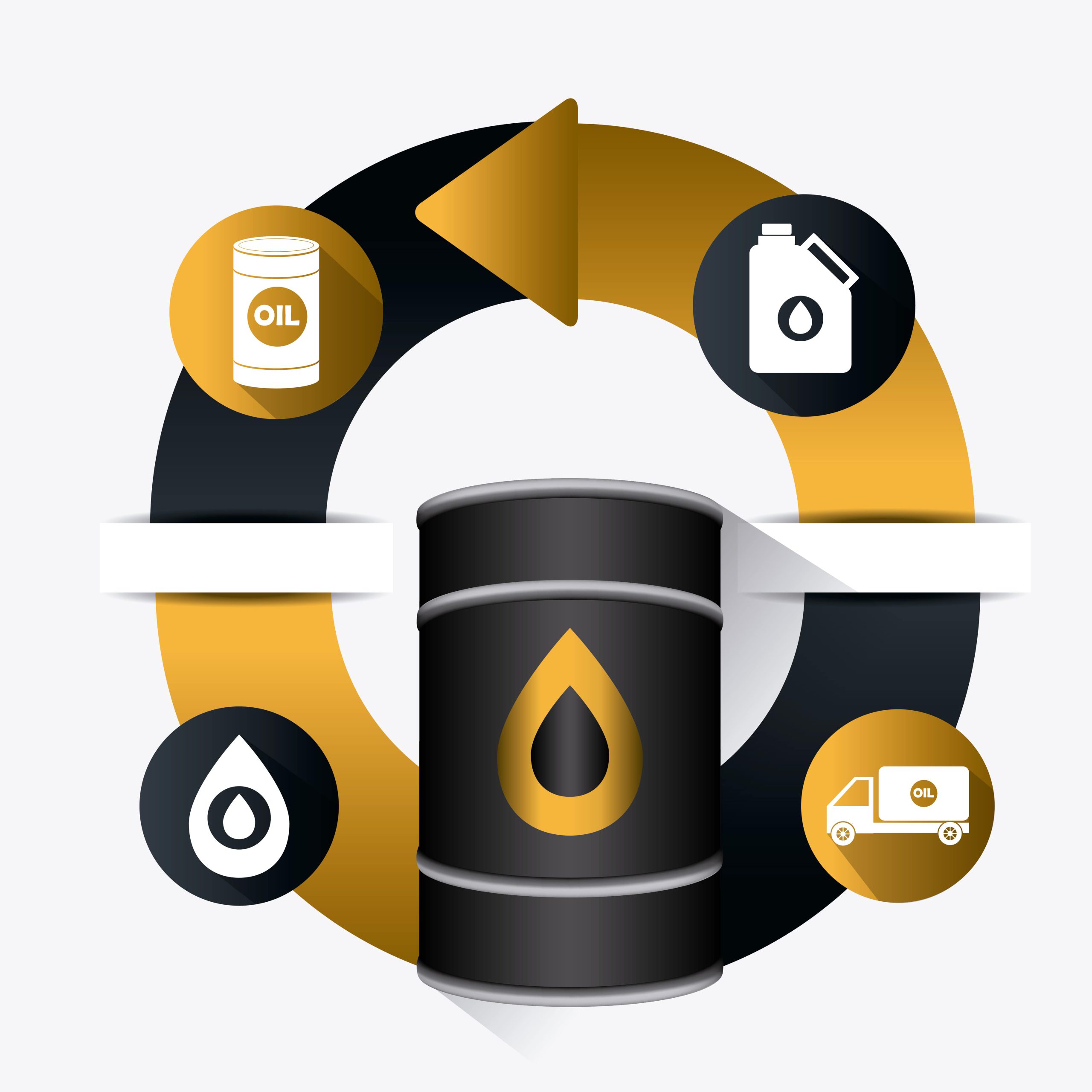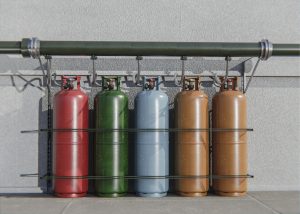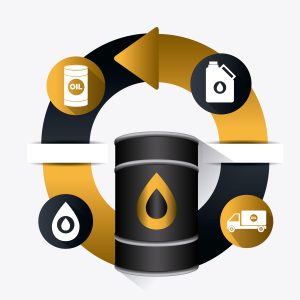Introduction
Crude oil, often referred to as “black gold,” is one of the most valuable and sought-after commodities in the world. It plays a pivotal role in driving the global economy, powering industries, and meeting the energy demands of nations. From transportation to manufacturing and beyond, crude oil serves as the backbone of modern society. In this article, we will explore the significance of crude oil, its uses, environmental concerns, and potential alternatives.
Understanding Crude Oil
Crude oil is a naturally occurring fossil fuel found in underground reservoirs. It is primarily composed of hydrocarbon compounds, which are formed from the remains of ancient marine organisms. Over millions of years, intense heat and pressure transform these organic materials into crude oil. The composition of crude oil can vary, with different regions and sources yielding oil with distinct properties such as viscosity, sulfur content, and API gravity.
Key Uses of Crude Oil
- Energy Production: Crude oil is refined into various forms of energy, including gasoline, diesel, and jet fuel, which power transportation systems globally. It is also a vital component in generating electricity, particularly in areas where natural gas or renewable energy sources are limited.
- Industrial Applications: Crude oil serves as a fundamental feedstock for the petrochemical industry, providing the raw materials necessary for the production of plastics, synthetic fibers, fertilizers, lubricants, and many other essential products.
- Heating and Cooling: In regions with harsh climates, crude oil-based products like heating oil and natural gas liquids are crucial for providing warmth during winter and cooling during summer.
- Asphalt and Bitumen: Crude oil is refined to produce asphalt, used for road construction and maintenance, and bitumen, a vital component in roofing materials.
Economic Importance
Crude oil has significant economic implications for both oil-producing and oil-consuming countries. Nations blessed with substantial oil reserves often experience increased government revenues, which can fund infrastructure development, social welfare programs, and economic diversification. These countries become major players in the global oil market, influencing oil prices and geopolitics.
On the other hand, oil-importing nations face the challenge of balancing their energy needs with the fluctuating cost of oil. Rising oil prices can impact inflation rates, trade balances, and the overall cost of living, affecting businesses and households alike.
Environmental Concerns
While crude oil is an indispensable resource, its extraction, transportation, and combustion have substantial environmental consequences. Oil spills pose a significant risk to marine ecosystems, as seen in past incidents like the Deepwater Horizon disaster. The burning of fossil fuels, including crude oil, releases greenhouse gases, contributing to climate change and global warming.
Alternative Energy Sources
The urgency to combat climate change has spurred the development of alternative energy sources and renewable technologies. Governments, businesses, and individuals are investing in wind, solar, hydroelectric, and nuclear power to reduce dependence on fossil fuels. Electric vehicles (EVs) are gaining popularity, providing a cleaner transportation alternative to vehicles reliant on gasoline or diesel.
Furthermore, research and development efforts are underway to find more sustainable and environmentally friendly substitutes for petroleum-based products, such as bioplastics and biofuels derived from non-food crops.
Conclusion
Crude oil continues to be a vital resource that drives the global economy. Its diverse applications across various sectors underscore its importance. However, the environmental impact and finite nature of crude oil necessitate a transition towards cleaner and more sustainable energy sources. By investing in renewable energy, improving energy efficiency, and embracing alternative technologies, we can move towards a greener future while still meeting our energy demands.




